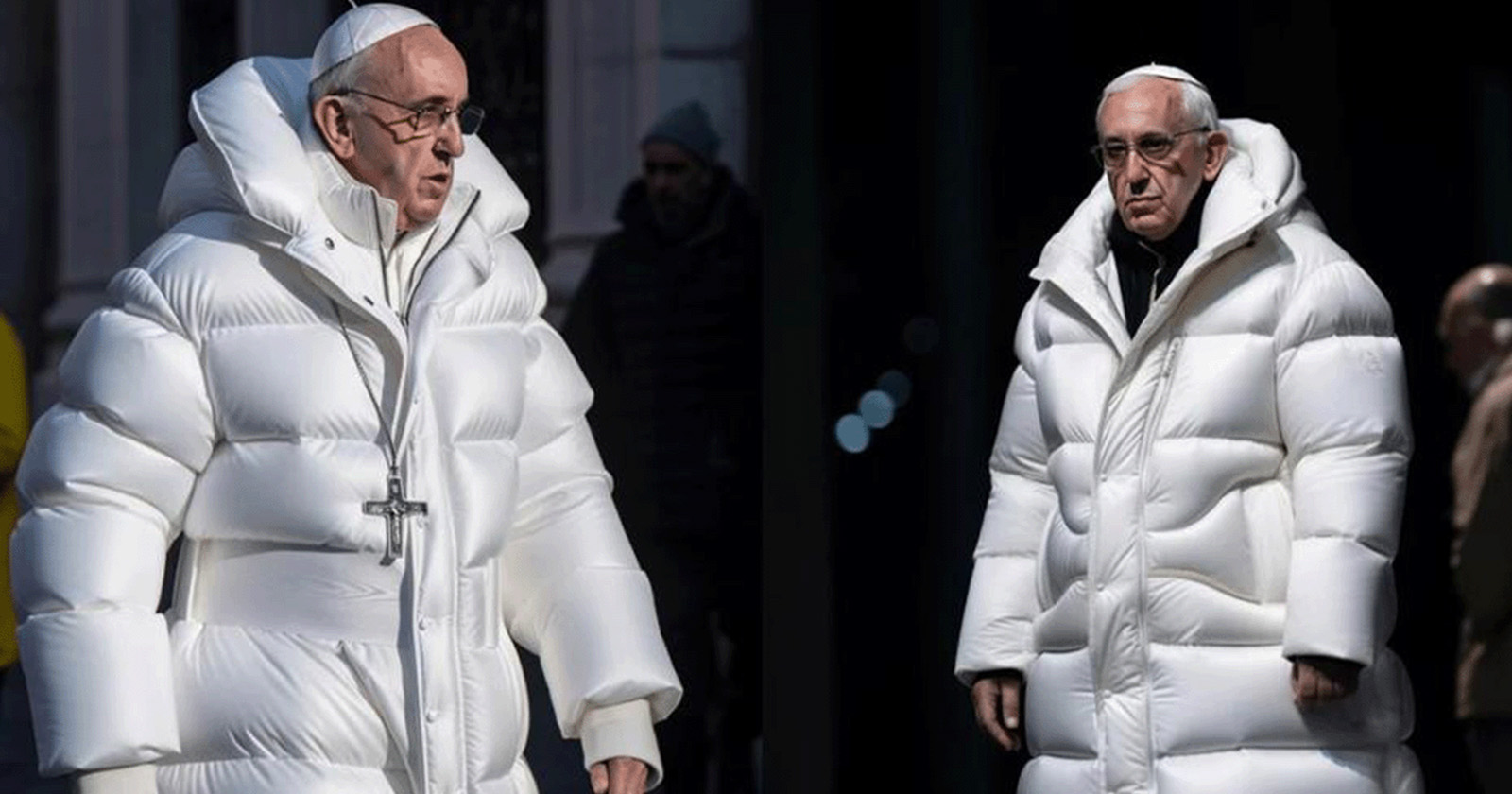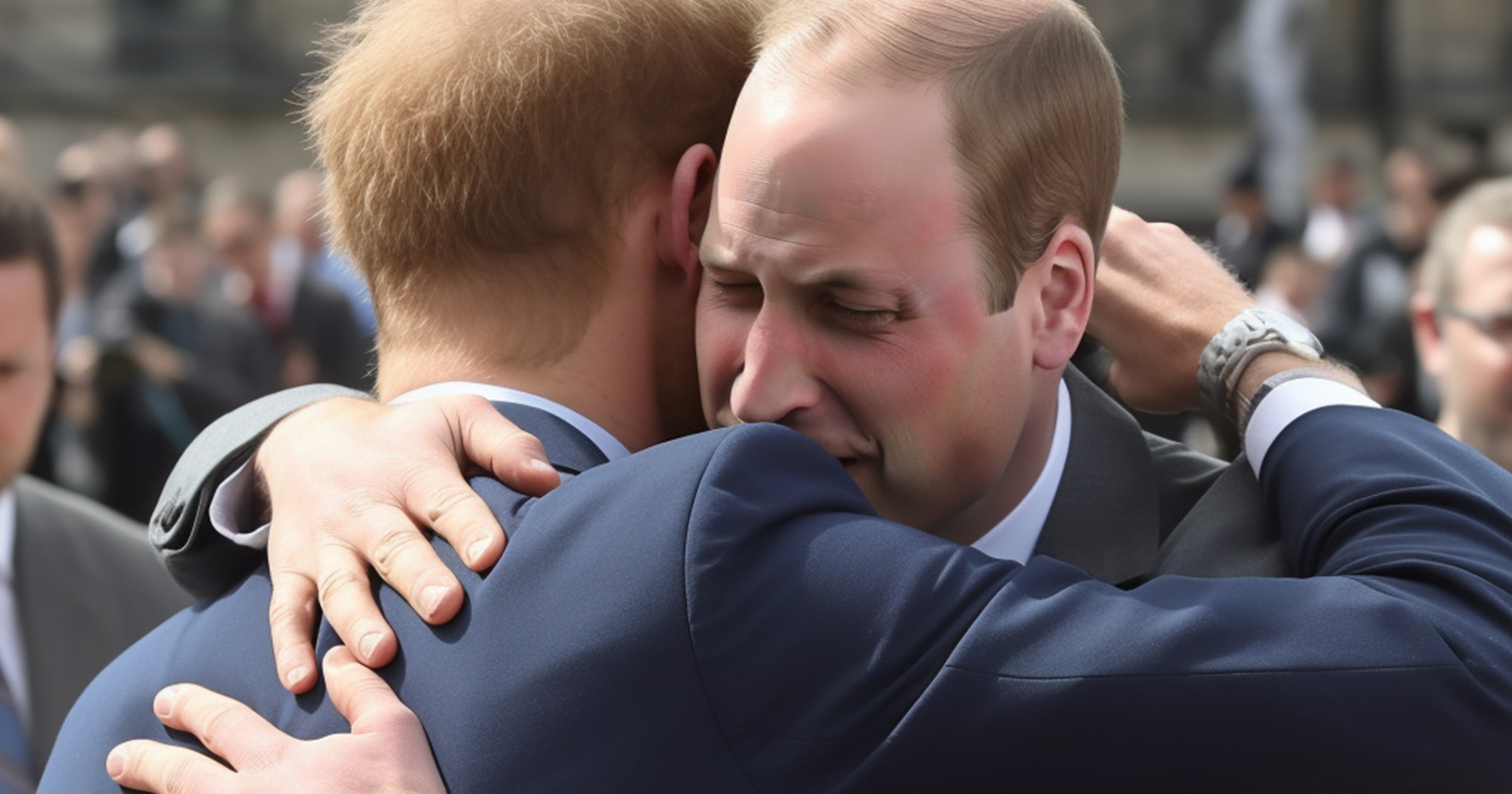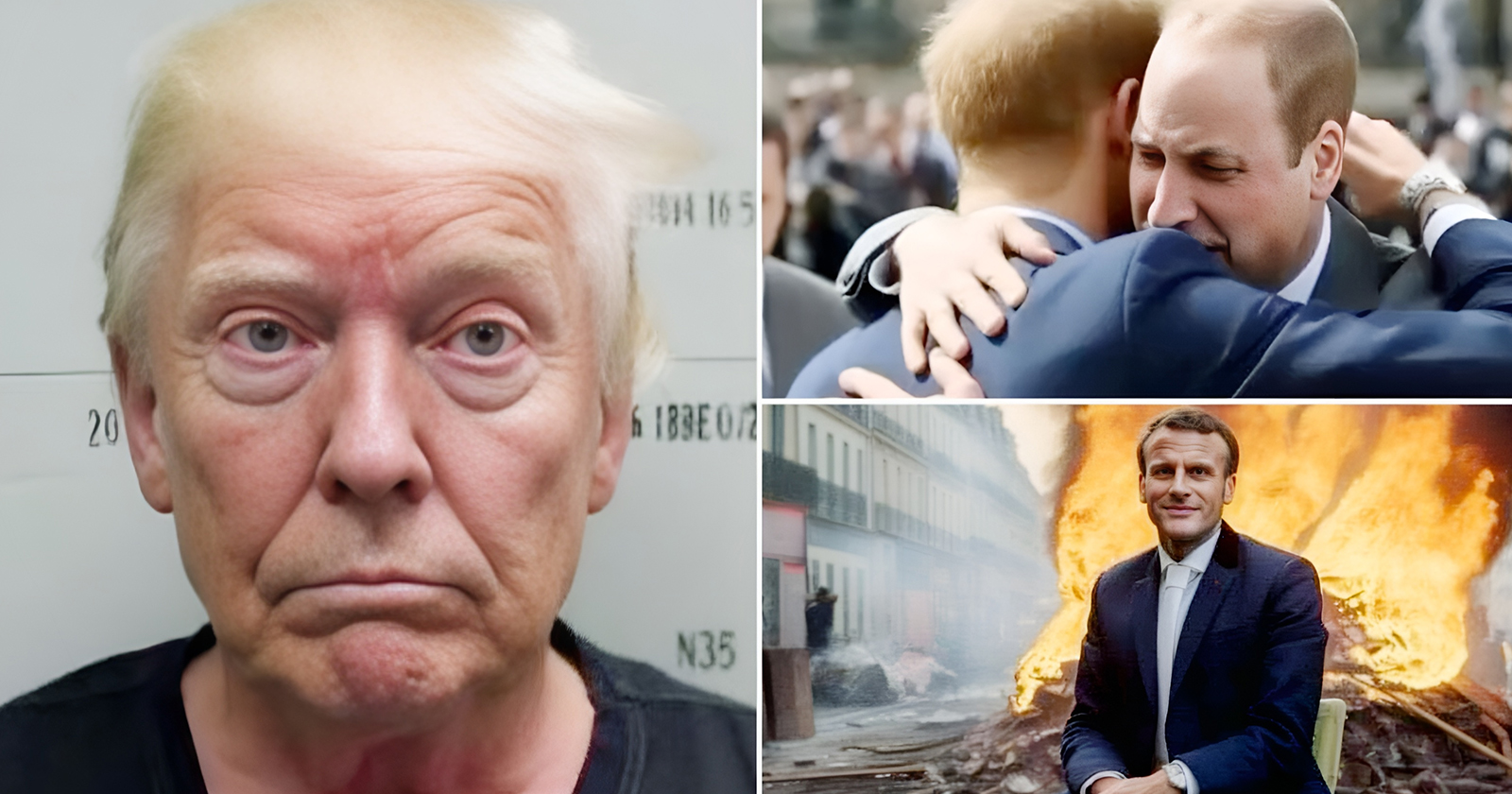Concerns about the rapid spread of fake images produced by artificial intelligence on the Internet are increasing day by day. The rapid spread of these fake images could lead to a credibility crisis on the internet. Therefore, increasing public media literacy and taking regulatory measures can make society more resilient to such manipulations. Here are those images…
Midjourney and DALL-E 3 know no boundaries
This year, fake examples of artificial intelligence-generated images, such as Prince William and Prince Harry embracing at the King’s coronation, went viral. Powerful tools like Midjourney and DALL-E 3 make it faster and easier to create realistic images with text commands. However, there are also concerns that this technology increases the potential for misinformation to spread.

Charity Full Fact selected eight examples of fake images that were shared thousands of times in 2023. These images lost their authenticity after they were flagged as AI-generated or removed by social media platforms. For example, Prince William and Prince Harry’s meeting at the King’s coronation was widely viewed on Facebook as a mock slideshow. Of course, none of these images were real.

Former US President Donald Trump’s fake mug shot also circulated on the internet. These fake versions were easily recognized because they were full of complex letters. Trump has previously been the subject of images showing the moment of his arrest produced by artificial intelligence.

The fake photo of Emmanuel Macron, taken during the riots in France, attracted the attention of the media and was shared by a wide audience. The rapid spread of fake images produced by artificial intelligence could lead to a credibility crisis on the internet. Therefore, increasing public media literacy and taking regulatory measures can make society more resilient to such manipulations.

These examples show how fake images produced by artificial intelligence can spread quickly on social media and influence public opinion. State officials call for measures to be taken against this situation and to increase media literacy.
What do you think about this issue? Where is artificial intelligence going? You can write your thoughts in the comments section below.













